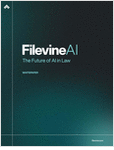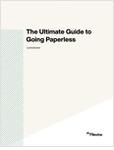It’s been three years since investors began flooding the courts with securities claims against Chinese companies that obtained their U.S. listings through reverse mergers. (Typically, they acquired shell companies with a spot on an American exchange.) In the first reverse merger result on the merits, Maurice "Hank" Greenberg’s C.V. Starr & Co. Inc. won $77.5 million in a December Hong Kong arbitration award against the three founding shareholders of China MediaExpress Holdings Inc., which claimed to sell TV advertising on Chinese intercity buses.
Unfortunately for plaintiffs in these types of reverse merger cases, the disputes are more likely to end in a meager settlement than a mega-award. At about the same time the Starr award became public in January, Orient Paper Inc. sought approval from a Los Angeles federal district court judge to settle for a mere $2 million. Orient Paper is one of six Chinese businesses accused of U.S. securities fraud to announce settlements in the past year. Remarkably, each settlement has fallen within a tight range. "We’re starting to see a critical mass of settlements between $2 million and $3 million," says Shearman & Sterling’s Jerome Fortinsky. Shearman counts more than 75 sets of disputes in U.S. forums related to allegations of securities violations by Chinese parties, including more than 50 reverse merger companies. "And that may exert a gravitational pull on other settlements down the road," he says.





